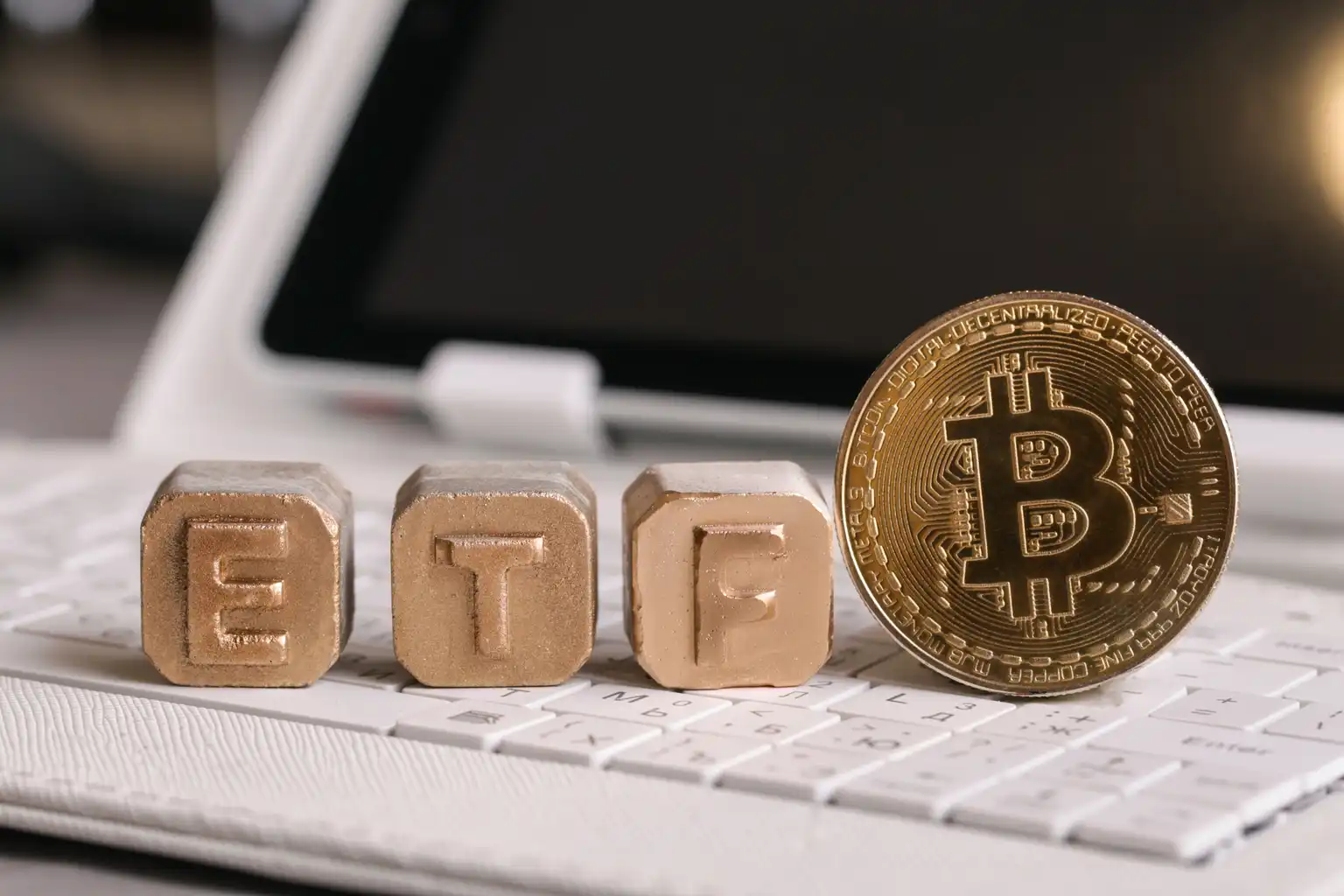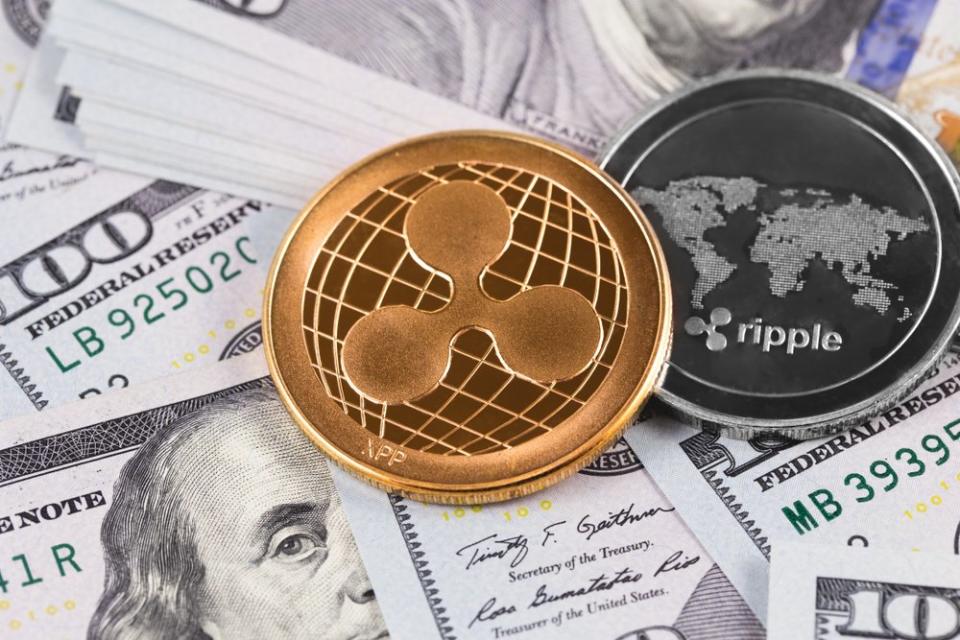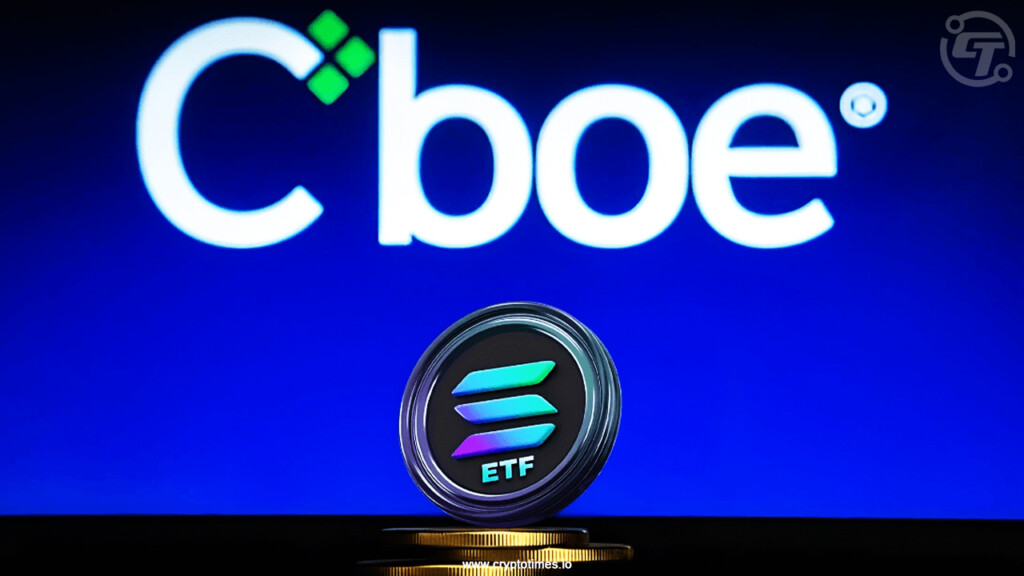
The Strategic Bitcoin Reserve Concept
Strategic Bitcoin Reserve: Bitcoin has evolved from a niche digital currency to a global asset with widespread acceptance. Beyond its use as a store of value or speculative investment, Bitcoin is now being considered as a strategic tool for countries, institutions, and businesses looking to diversify their reserves and strengthen their financial security. This has given rise to the concept of a “Strategic Bitcoin Reserve”—a forward-thinking approach that positions 3 Significant Events in 2024 That Promoted Crypto Bitcoin as a key component in an entity’s financial strategy.
What is a Strategic Bitcoin Reserve?
A Strategic Bitcoin Reserve refers to the practice of acquiring and holding Bitcoin as part of a larger reserve management strategy. Much like gold or other assets traditionally used to back financial reserves, Bitcoin is viewed as a hedge against inflation, currency devaluation, and geopolitical instability. By adding Bitcoin to a reserve portfolio, organizations can potentially shield themselves from traditional financial risks and gain exposure to the long-term appreciation of Bitcoin’s value.
The Rationale Behind the Concept
Several key factors have driven the adoption of Bitcoin as part of strategic reserves:
- Hedge Against Inflation: Traditional fiat currencies are susceptible to inflation due to policies such as quantitative easing, which can erode their purchasing power over time. Bitcoin, with its fixed supply cap of 21 million coins, is considered by many as an inflation-resistant asset. By adding Bitcoin to their reserves, countries and businesses can protect themselves from inflationary pressures that might weaken their currency.
- Diversification of Assets: For many entities, maintaining a diversified portfolio is critical to reducing risk. Bitcoin provides a unique opportunity to add an asset that behaves differently from traditional stocks, bonds, and commodities. Its price movements are influenced by factors like market sentiment, network effects, and adoption rates rather than traditional economic indicators, making it a valuable tool for diversification.
- Security and Transparency: Bitcoin’s underlying technology, the blockchain, offers unmatched transparency and security. Transactions are recorded on a public ledger, and the network’s decentralized nature makes it resistant to manipulation or centralized control. This provides a level of trust that is not always present in traditional financial systems, especially in times of crisis.
- Geopolitical Risks: Bitcoin is a borderless, global asset that can be accessed from anywhere in the world. For nations or organizations operating in politically unstable regions, Bitcoin can serve as a secure and stable reserve asset, immune to local economic fluctuations or sanctions. It offers a way to preserve wealth and move value across borders without relying on traditional financial intermediaries.
Bitcoin as a Reserve Asset: Real-World Examples
Several prominent companies and countries have already taken steps toward integrating Bitcoin into their reserves.
- MicroStrategy: The business intelligence firm MicroStrategy, led by CEO Michael Saylor, is perhaps the most well-known example of a company adopting a Strategic Bitcoin Reserve strategy. Since 2020, MicroStrategy has accumulated over 100,000 Bitcoins, making it one of the largest corporate holders of Bitcoin. The company’s belief is that Bitcoin represents a better store of value compared to cash, especially given the risks of inflation and currency devaluation.
- El Salvador: In 2021, El Salvador became the first country to adopt Bitcoin as legal tender, a bold move that included the creation of a government-run Bitcoin trust. The government of El Salvador has been actively acquiring Bitcoin to back its reserves, recognizing the potential benefits of Bitcoin as a hedge against economic instability and inflation.
- Tesla: In 2021, Tesla made headlines when it purchased $1.5 billion worth of Bitcoin for its corporate treasury. While the company has since reassessed its stance on Bitcoin due to environmental concerns, this move demonstrated the growing recognition of Bitcoin as a legitimate asset in corporate reserves.
Benefits of a Strategic Bitcoin Reserve
- Financial Stability: By holding Bitcoin, an organization can potentially benefit from its long-term price appreciation, which could enhance its overall financial position.
- Global Liquidity: Bitcoin is traded on various exchanges 24/7, offering liquidity and the ability to move funds across borders at any time. This can be a significant advantage for organizations with international operations or those needing to quickly access reserves.
- Protection from Currency Risks: As a global, decentralized asset, Bitcoin can offer protection against the devaluation of local currencies. For companies operating in regions with unstable currencies, Bitcoin offers a way to preserve the value of reserves.
Challenges and Considerations
 Despite the potential benefits, there are also significant risks and challenges associated with incorporating Bitcoin into reserves:
Despite the potential benefits, there are also significant risks and challenges associated with incorporating Bitcoin into reserves:
- Volatility: Bitcoin’s price is highly volatile, and its value can fluctuate dramatically in short periods. This introduces a level of risk for organizations that may not be prepared to deal with such price swings.
- Regulatory Uncertainty: The regulatory landscape for Bitcoin remains unclear in many jurisdictions. Governments around the world are still determining how to regulate and tax Bitcoin, which could impact its adoption as a reserve asset.
- Security Risks: While Bitcoin’s blockchain is secure, holding large quantities of Bitcoin requires proper custody solutions to prevent theft or hacking. Entities must invest in robust security measures, such as multi-signature wallets and cold storage, to protect their assets.
- Environmental Concerns: The energy consumption of Bitcoin mining has been a point of contention, especially for companies concerned with sustainability. The environmental impact of Bitcoin mining could influence some organizations’ decisions to include it in their reserves.
Conclusion
The concept of a Strategic Bitcoin Reserve is reshaping how we think about financial security in the modern world. With its potential to serve as a hedge against inflation, a tool for diversification, and a safeguard against geopolitical risks, Bitcoin offers a compelling alternative to traditional reserve assets like gold and fiat currencies. However, it is not without its challenges, and entities considering this strategy must carefully weigh the risks involved.
As Bitcoin continues to mature and its use cases evolve, we can expect the Strategic Bitcoin Reserve concept to play an increasingly important role in the future of finance, particularly for those looking to future-proof their financial systems in a rapidly changing world.
[sp_easyaccordion id=”5481″]







